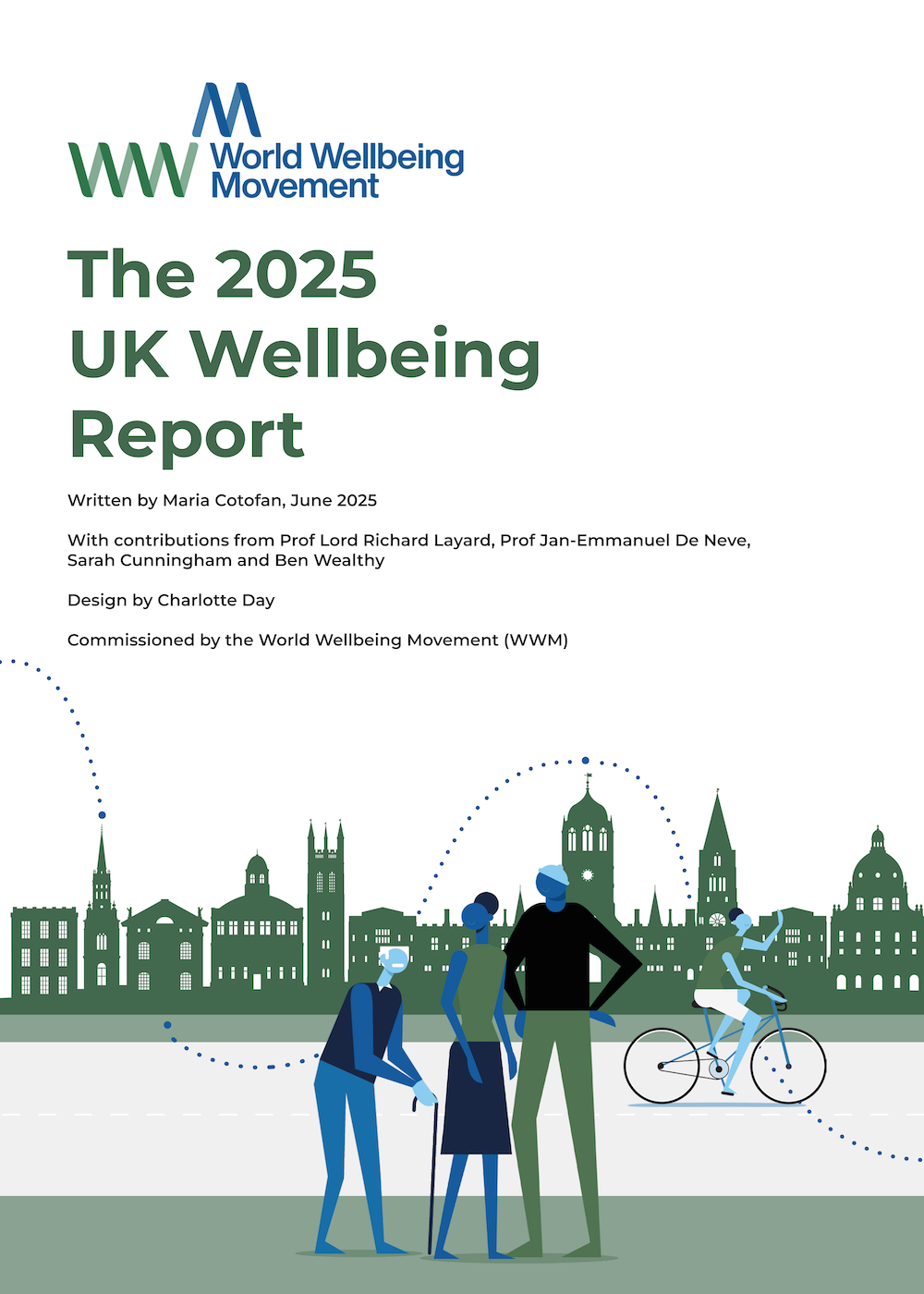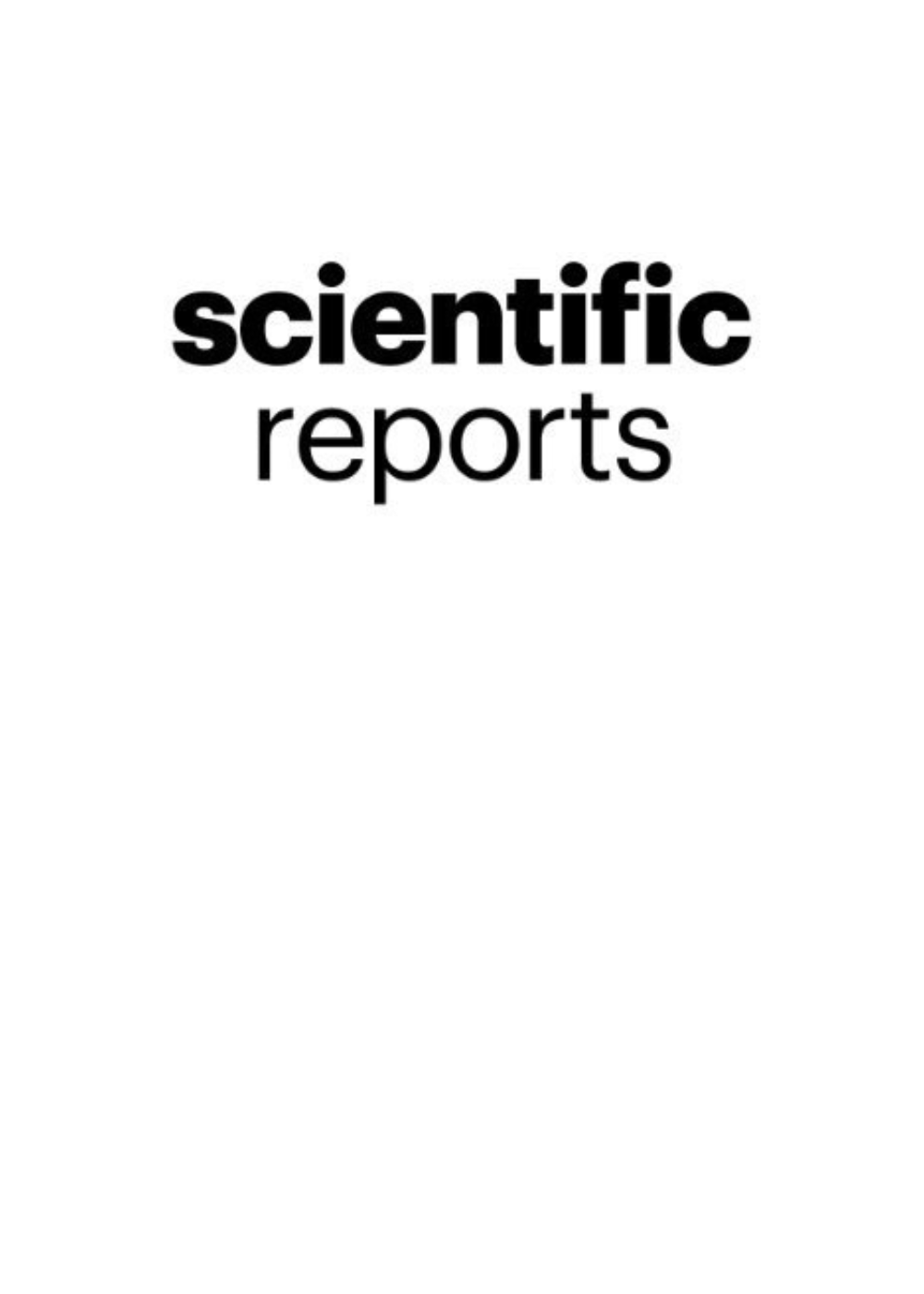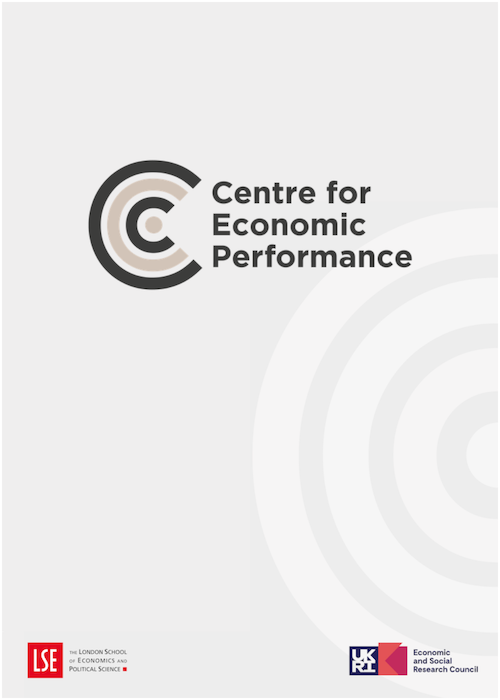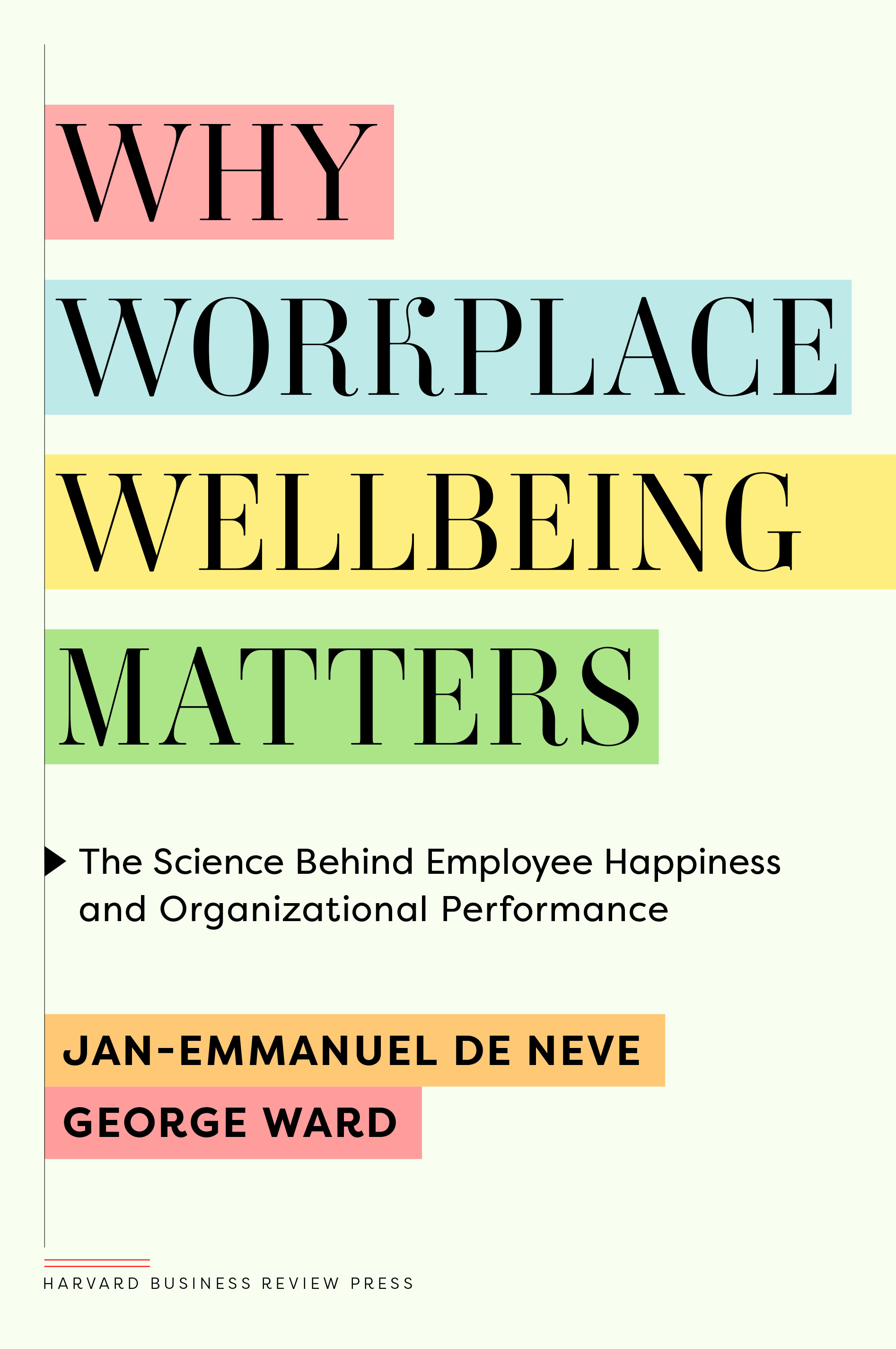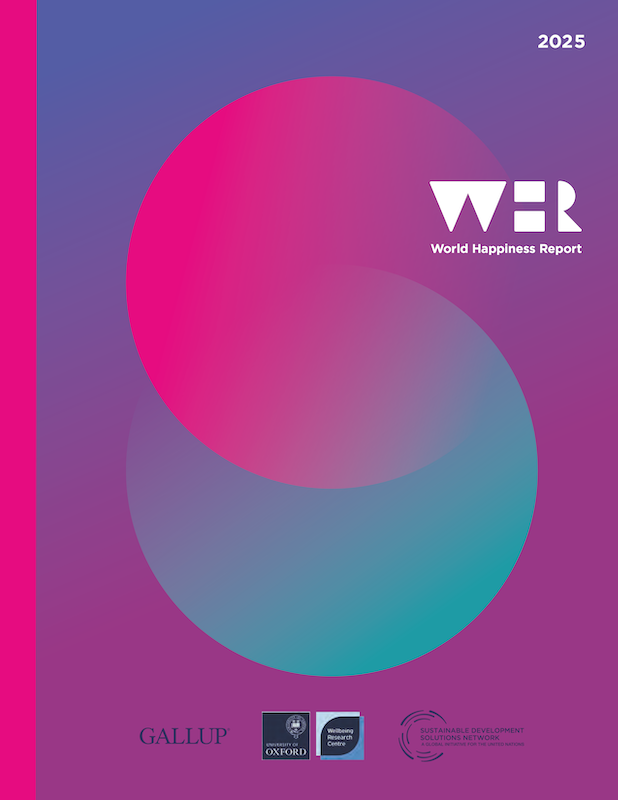
Two paradoxes in women’s well-being
Science Advances
Caspar Kaiser, Naomi Muggleton, Edika Quispe-Torreblanca, and Jan-Emmanuel De Neve
Abstract
We review the literature on the gender gap in well-being, identifying two key paradoxes. First, although women today report higher levels of life satisfaction and overall happiness than men, they experience worse outcomes in mental health and negative affect. Second, despite substantial advances in women’s social and economic status over the past 50 years, their well-being relative to men has declined. We explore the evidence supporting these paradoxes, considering potential explanations related to differential expectations, biology, and scale use. Using global data from 2006 to 2023 and long-term data from Europe and the US since the 1970s, we provide empirical illustrations. These findings reveal a diverse and seemingly inconsistent pattern of gender well-being gaps between countries, suggesting that the first paradox is not universally applicable. However, there is clear global evidence of a relative decline in women’s well-being, particularly in terms of negative affect.
